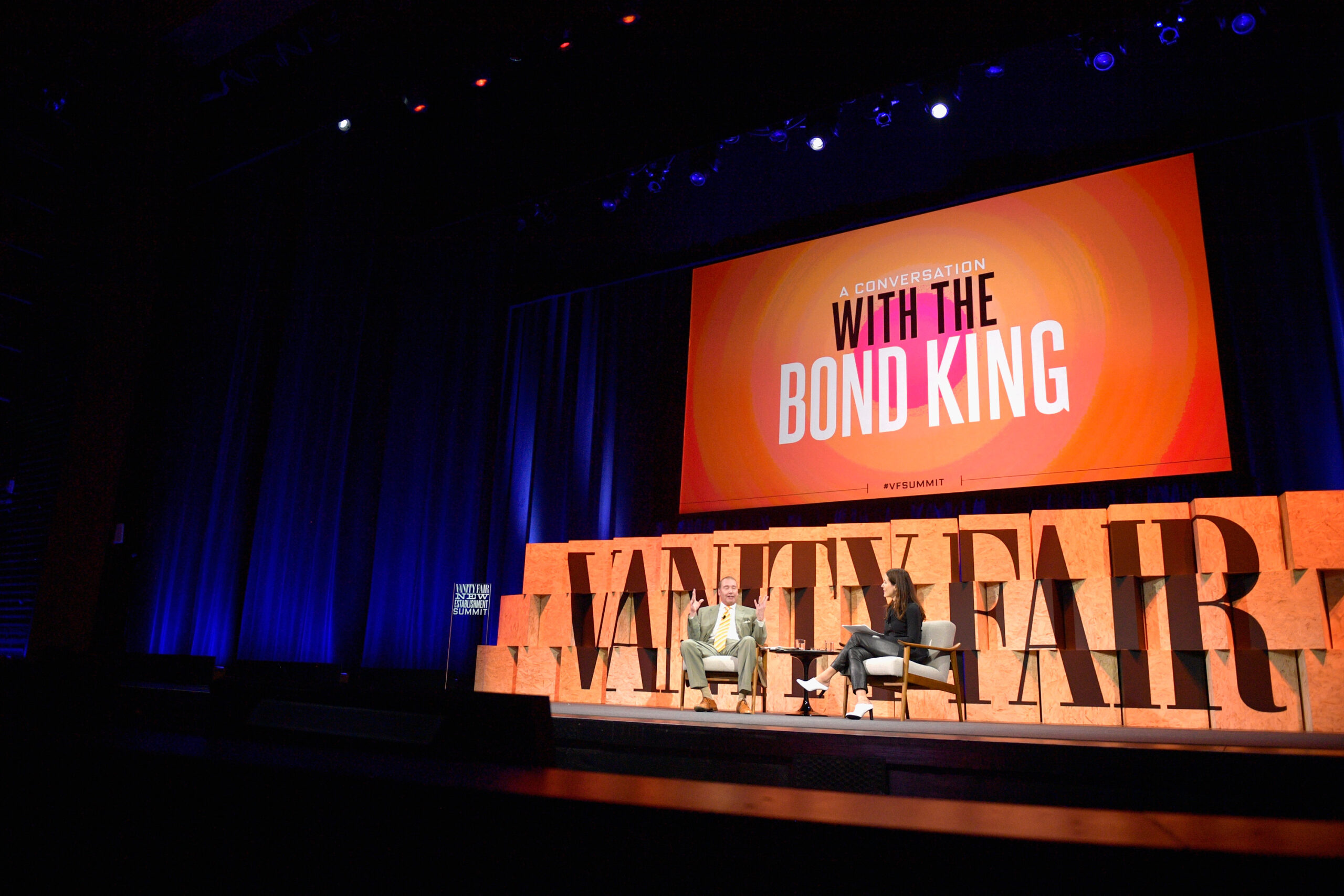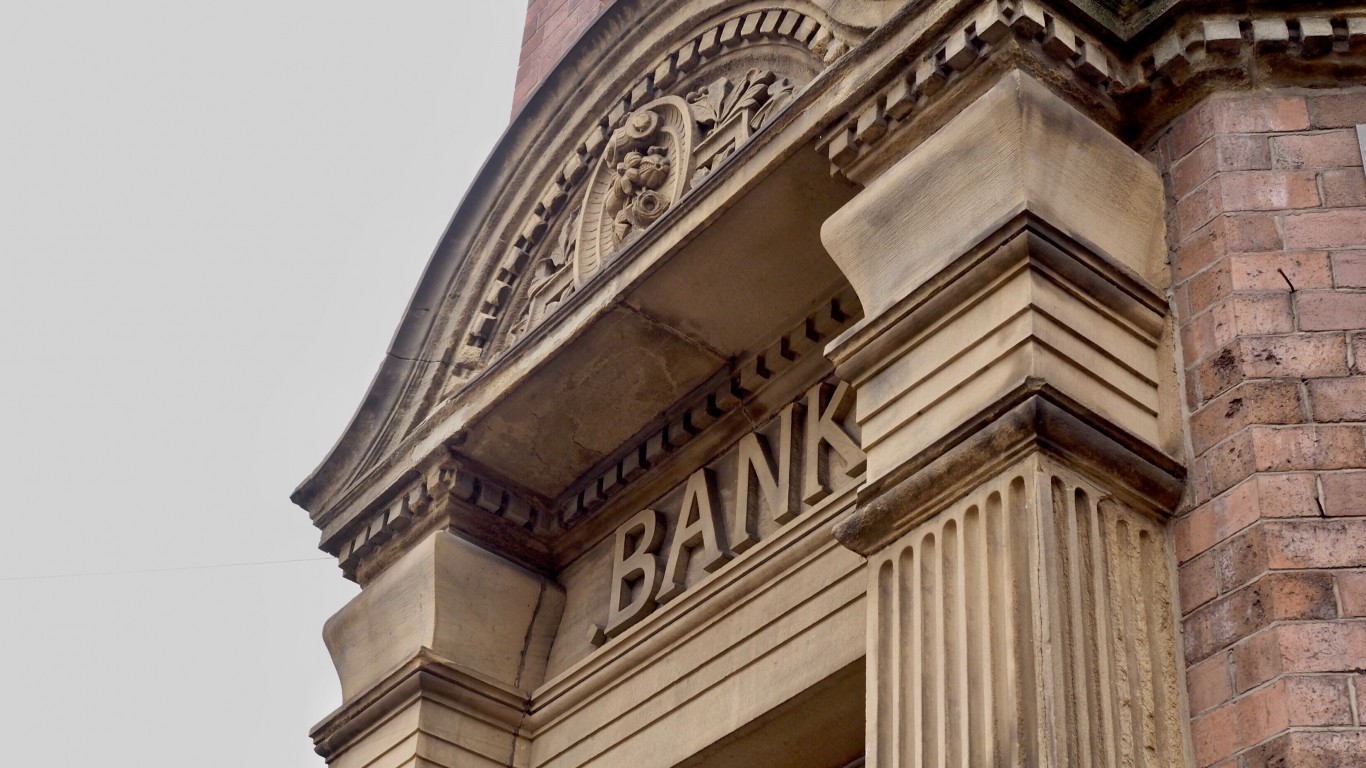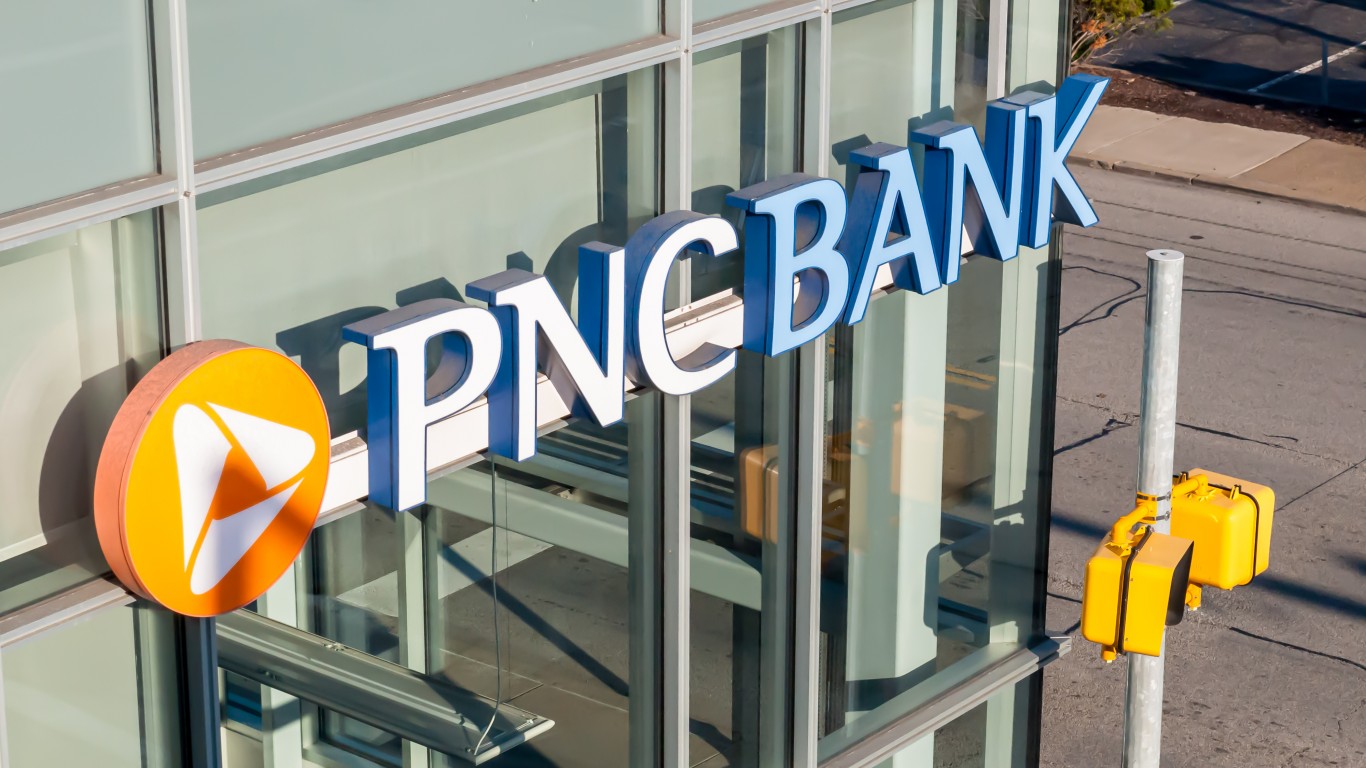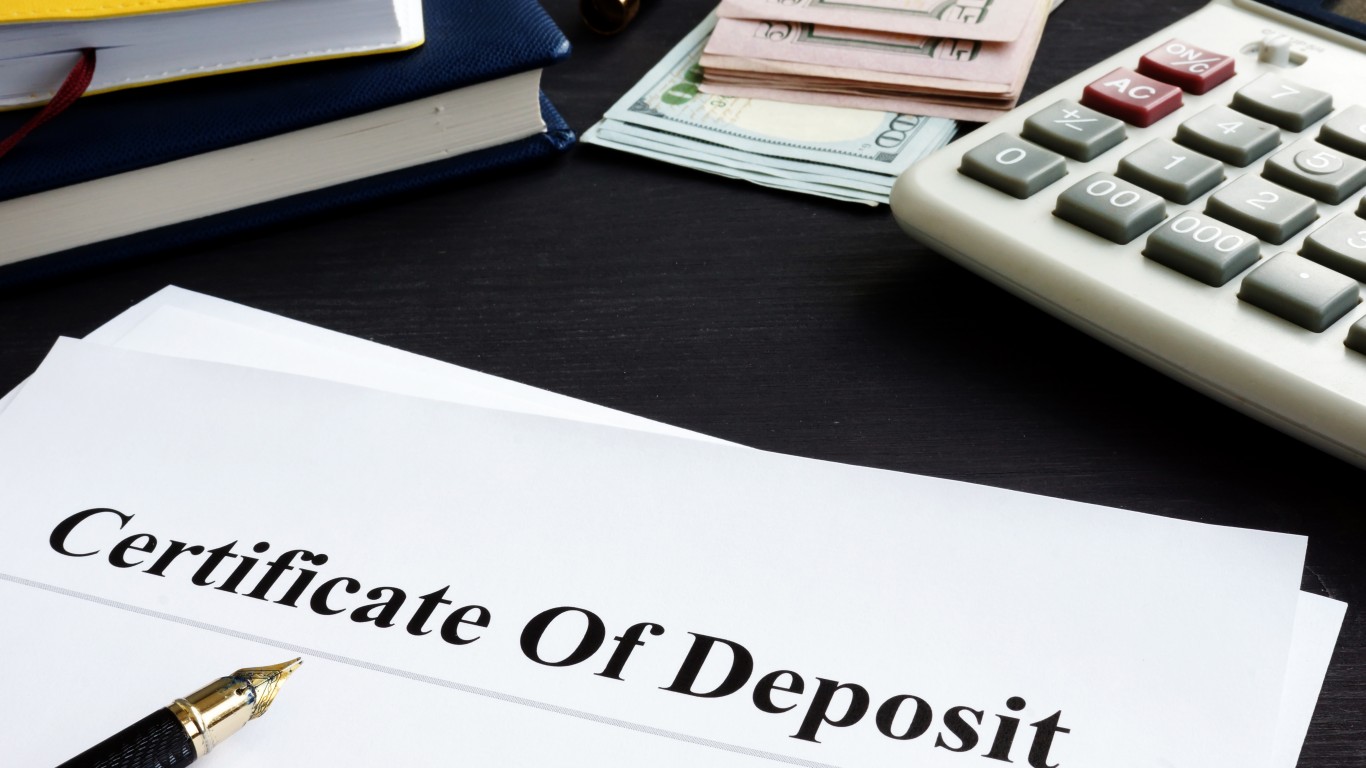Banking, finance, and taxes
This Is Your Best Savings Account Move With Interest Rates Soaring

Published:
Last Updated:


The anointed “Bond King” Jeffrey Gundlach, who runs DoubleLine Capital, was recently asked what his best investment advice was, and he noted, “T-Bill and chill.” While a clever remark, his advice may be the best as we close in on the end of a volatile year for the stock market.

As of Tuesday, the Nasdaq was up 35.5%, while the venerable S&P 500 had an outstanding 18.9%. The Dow Jones Industrials trailed the pack, up 6.08%. The problem for many investors is that if you didn’t own the so-called ”Magnificent 7”, you likely have not seen those gains in your portfolio.

While interest rates dropped sharply after the October inflation data came in slightly below expectations, many Americans face ongoing inflation at many levels. With worries over the economy mounting, Mr. Gundlach’s “ T-Bill and chill ” idea may be just what the doctor ordered for 2024.

We decided to screen the current money-market savings accounts offered at major banks, which have taken in a tsunami of money as interest rates rose to their highest levels since 2007. We found three that make sense for investors looking for the highest yields, safety, and liquidity. We focused on money-market savings as opposed to traditional passbook savings.
Like regular bank deposits, the Federal Deposit Insurance Corporation (FDIC) insures money-market savings accounts up to $250,000, and you can open as many accounts as you want at different institutions under the same name, and they are all protected. Also, they pay interest monthly, unlike many certificates of deposit or CDs.

Many top banks in the United States offer daily liquidity and maintain a $1 par amount for their funds. In other words, depositing $1000 will stay at that level regardless of what happens in the fixed-income markets.
On Tuesday, September 16, 2008, the $62.6 billion Reserve Primary Fund “broke the buck.” That meant the fund managers couldn’t maintain its share price at the $1 value. This happened as the economy stood on the verge of collapse after the mortgage debacle that started the Great Financial Crisis. The chance of that in 2023 is de minimius.

In our screening mentioned above, three top money market savings accounts were found to be among the highest yielding with the safest institutions as we avoided smaller banks.
PNC Bank: High-yield savings offers a good choice because it has a relatively high rate, no monthly fees, and no minimum balance required to earn the highest annual percentage yield of 4.50%
JP Morgan Chase: Offers a high-yield savings account that yields 4.50% through their brokerage side. This is in conjunction with a securities account and only for individual investors.
American Express: According to NerdWallet, the company’s high-yield savings account ranks among the best with its above-average rates and consumer-friendly features. The current rate is 4.30%

While some insured CDs offer higher rates, some as high as 5.75%, typically, these have a minimum hold period of anywhere from 7 months to five years. In most cases, there are withdrawal penalties for taking your money out before maturity.
The average American spends $17,274 on debit cards a year, and it’s a HUGE mistake. First, debit cards don’t have the same fraud protections as credit cards. Once your money is gone, it’s gone. But more importantly you can actually get something back from this spending every time you swipe.
Issuers are handing out wild bonuses right now. With some you can earn up to 5% back on every purchase. That’s like getting a 5% discount on everything you buy!
Our top pick is kind of hard to imagine. Not only does it pay up to 5% back, it also includes a $200 cash back reward in the first six months, a 0% intro APR, and…. $0 annual fee. It’s quite literally free money for any one that uses a card regularly. Click here to learn more!
Flywheel Publishing has partnered with CardRatings to provide coverage of credit card products. Flywheel Publishing and CardRatings may receive a commission from card issuers.
Thank you for reading! Have some feedback for us?
Contact the 24/7 Wall St. editorial team.